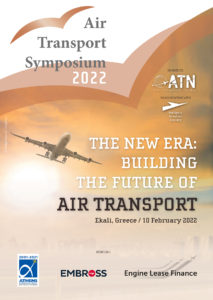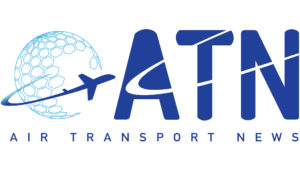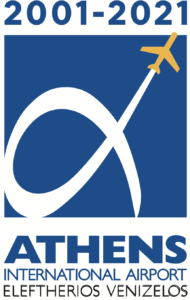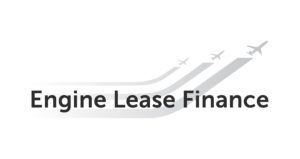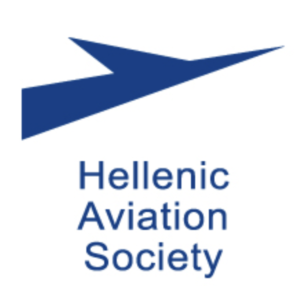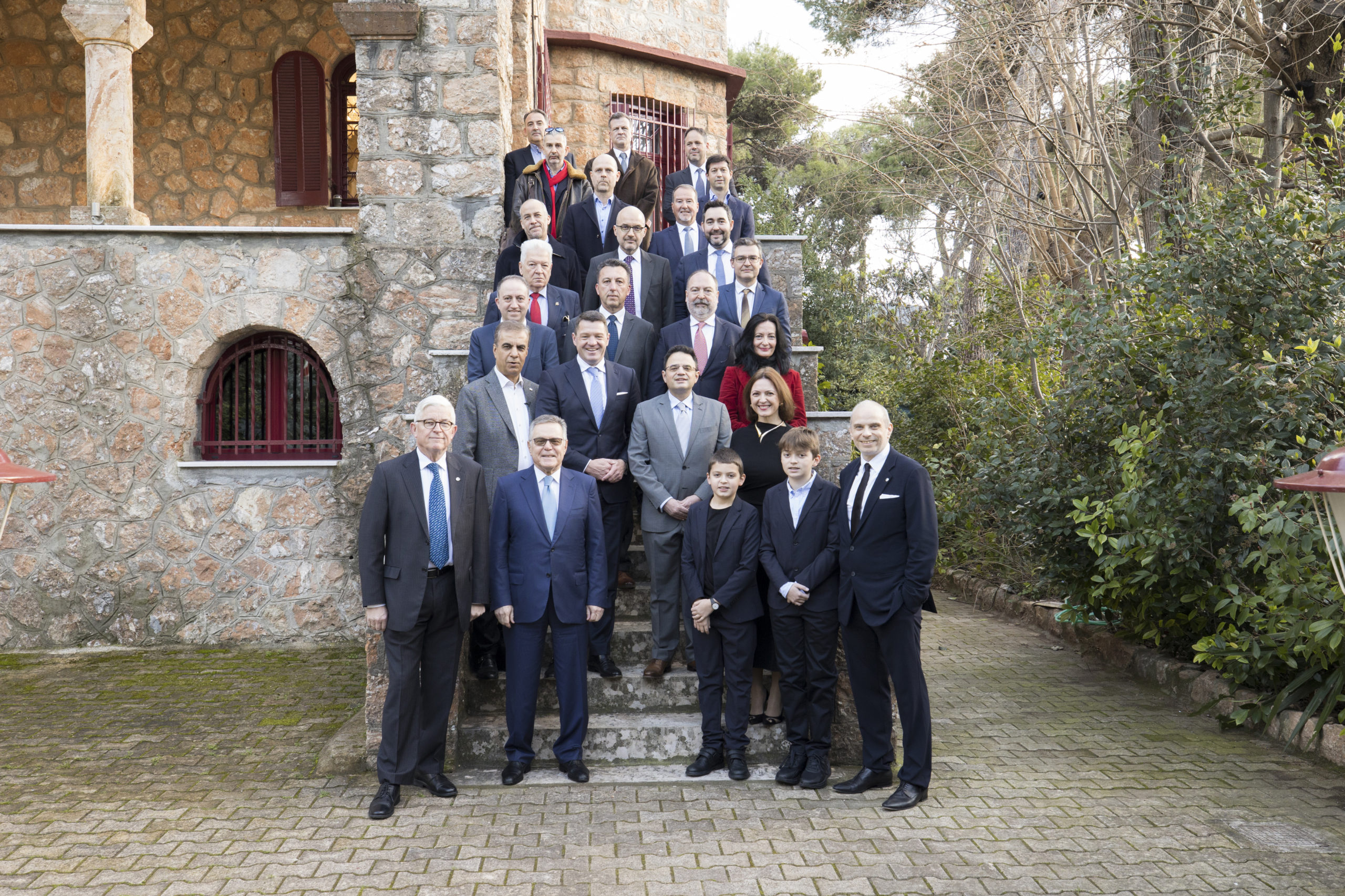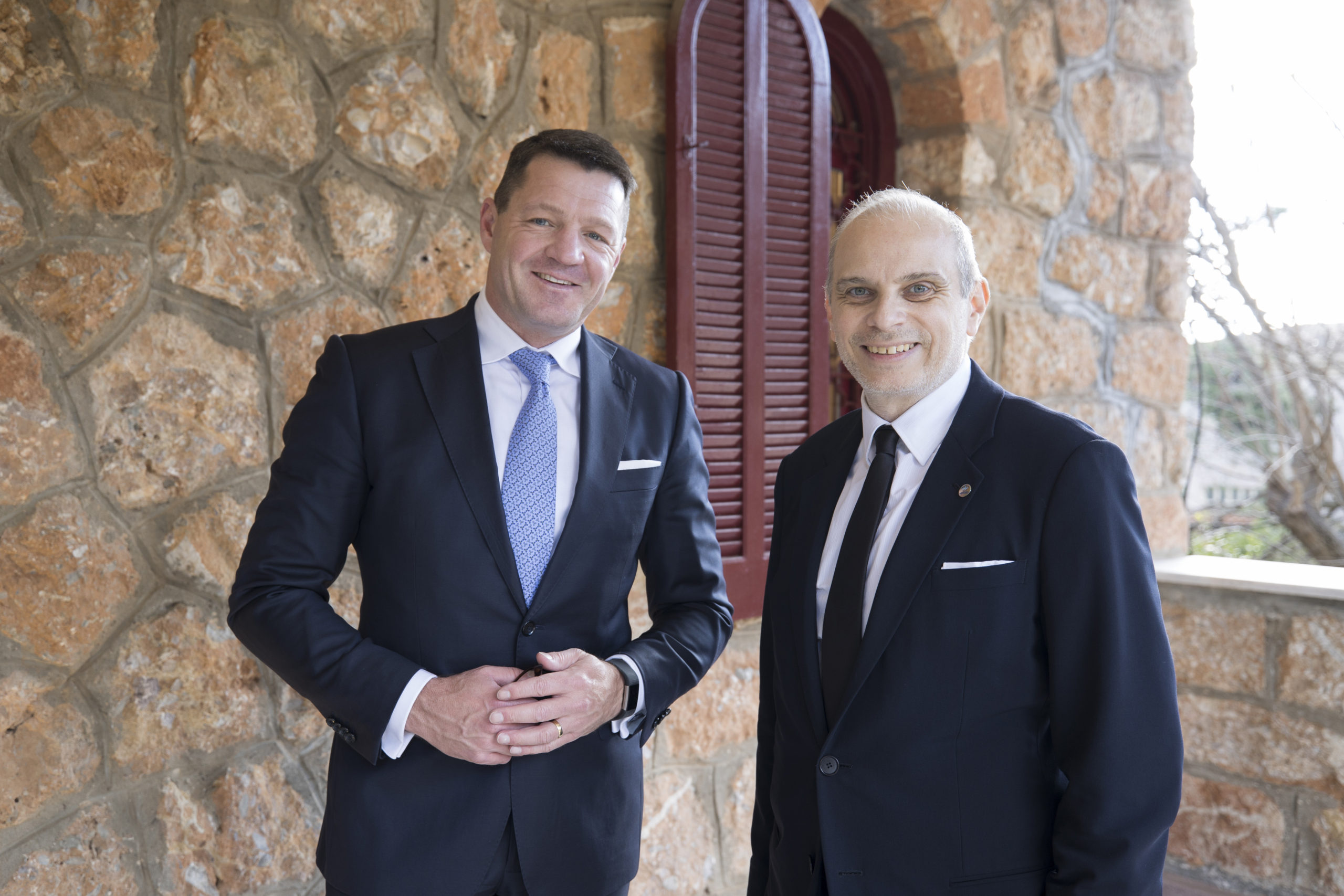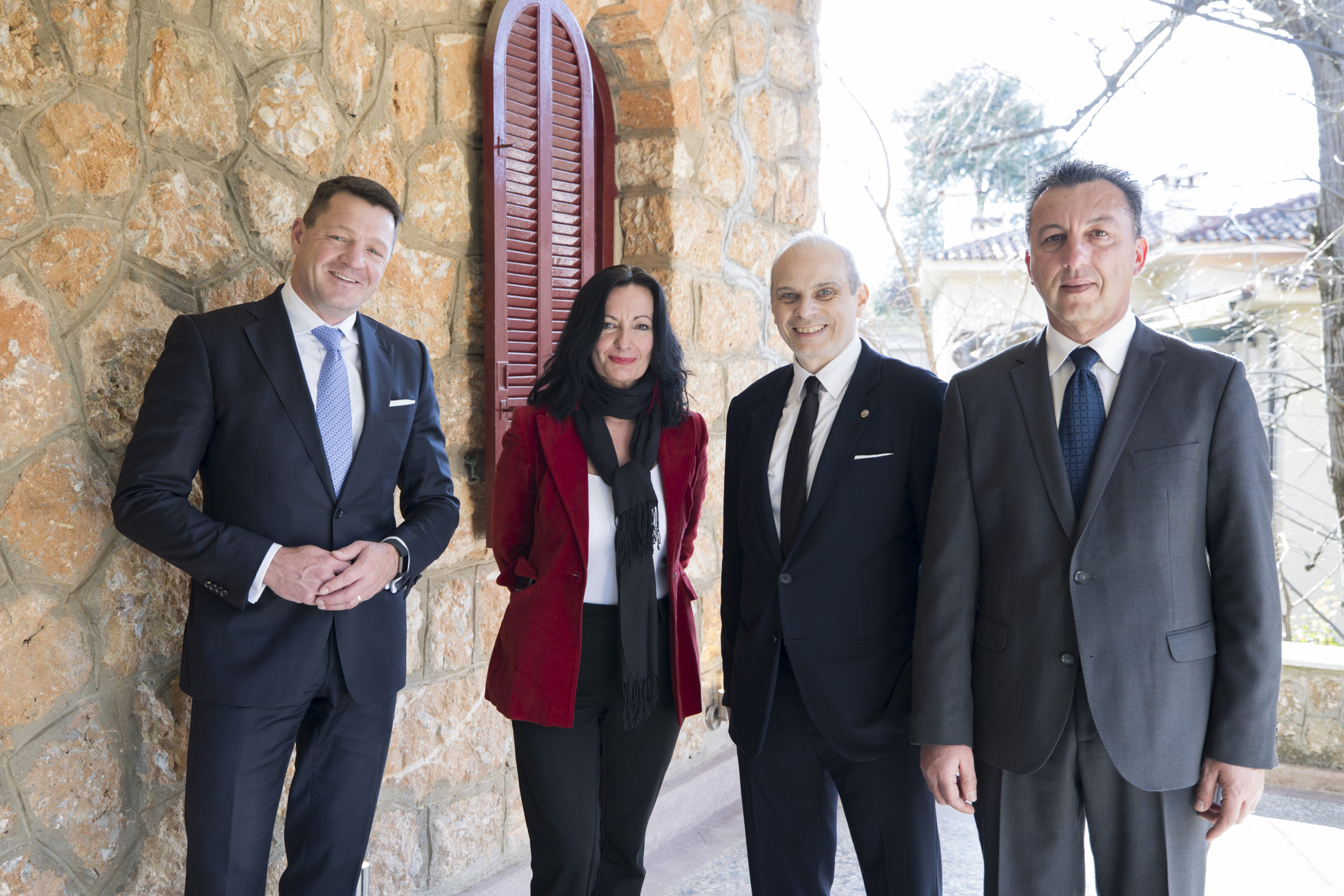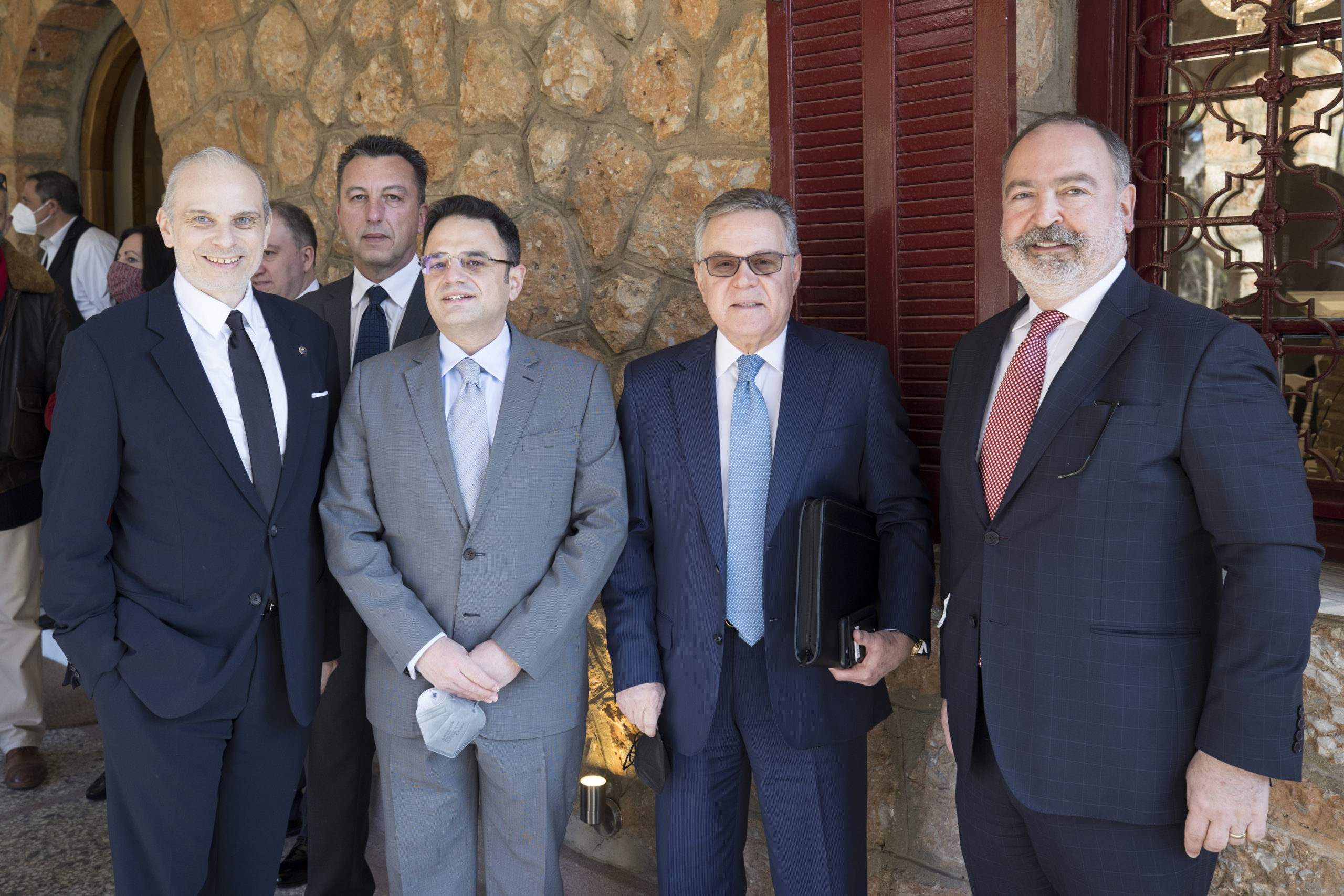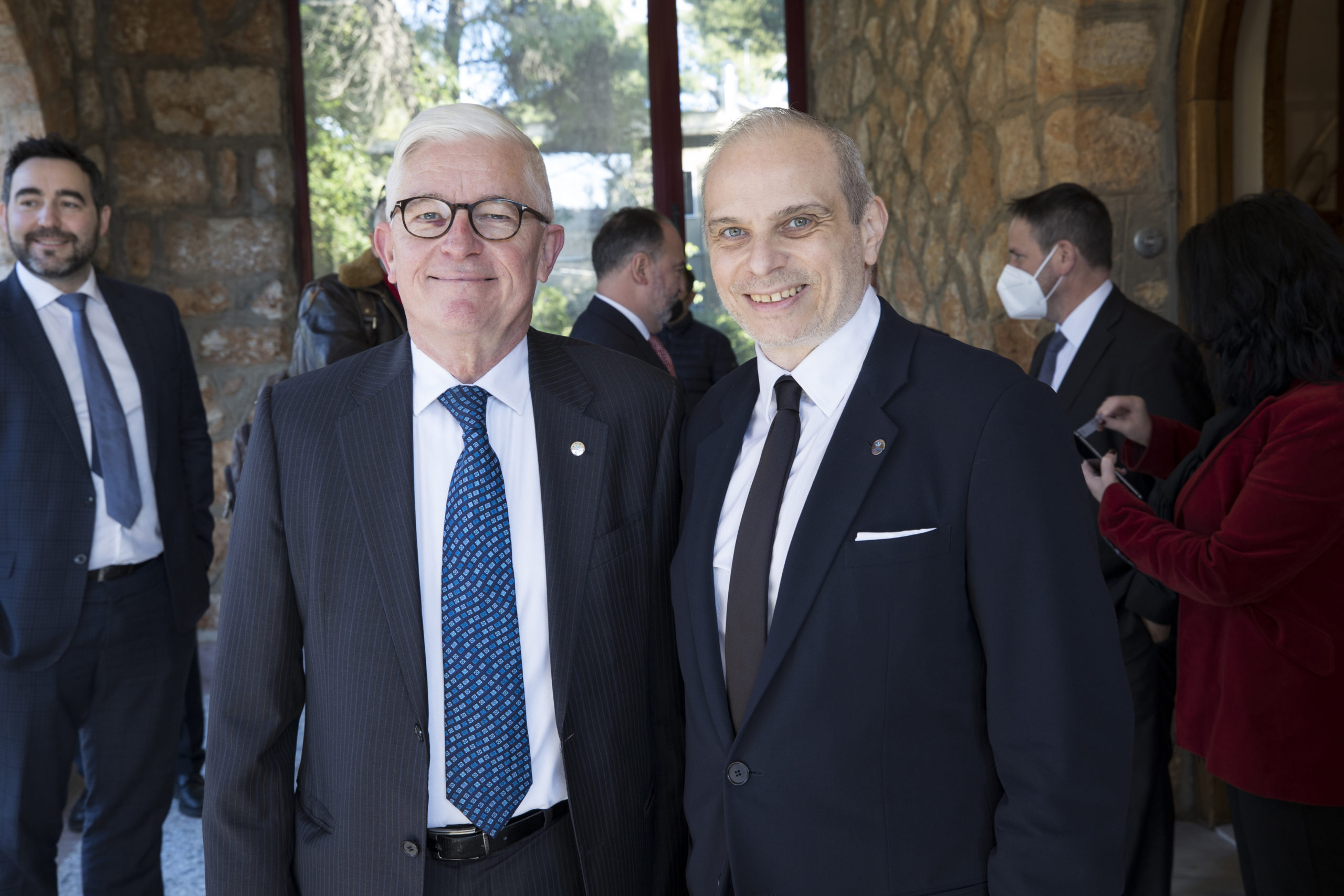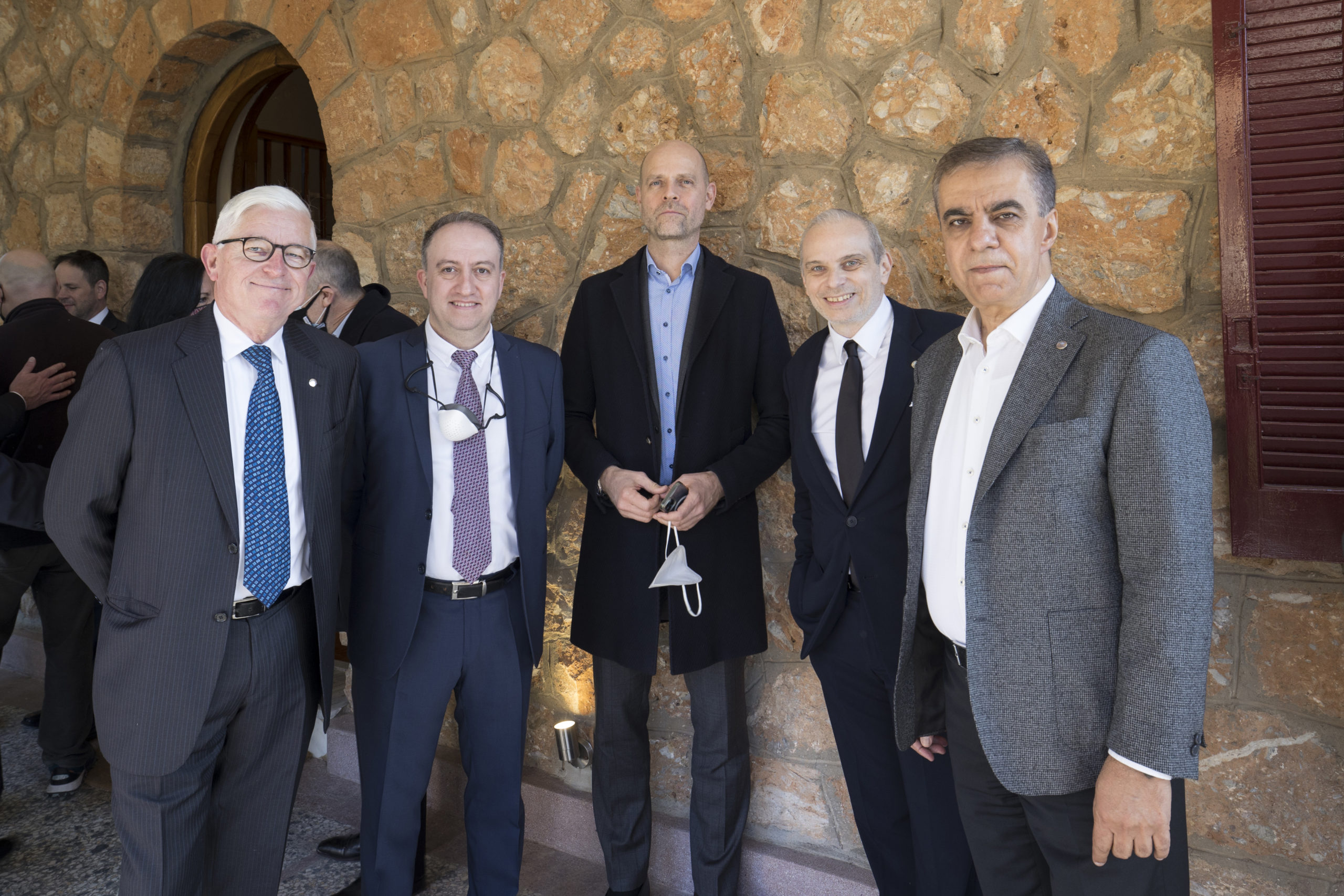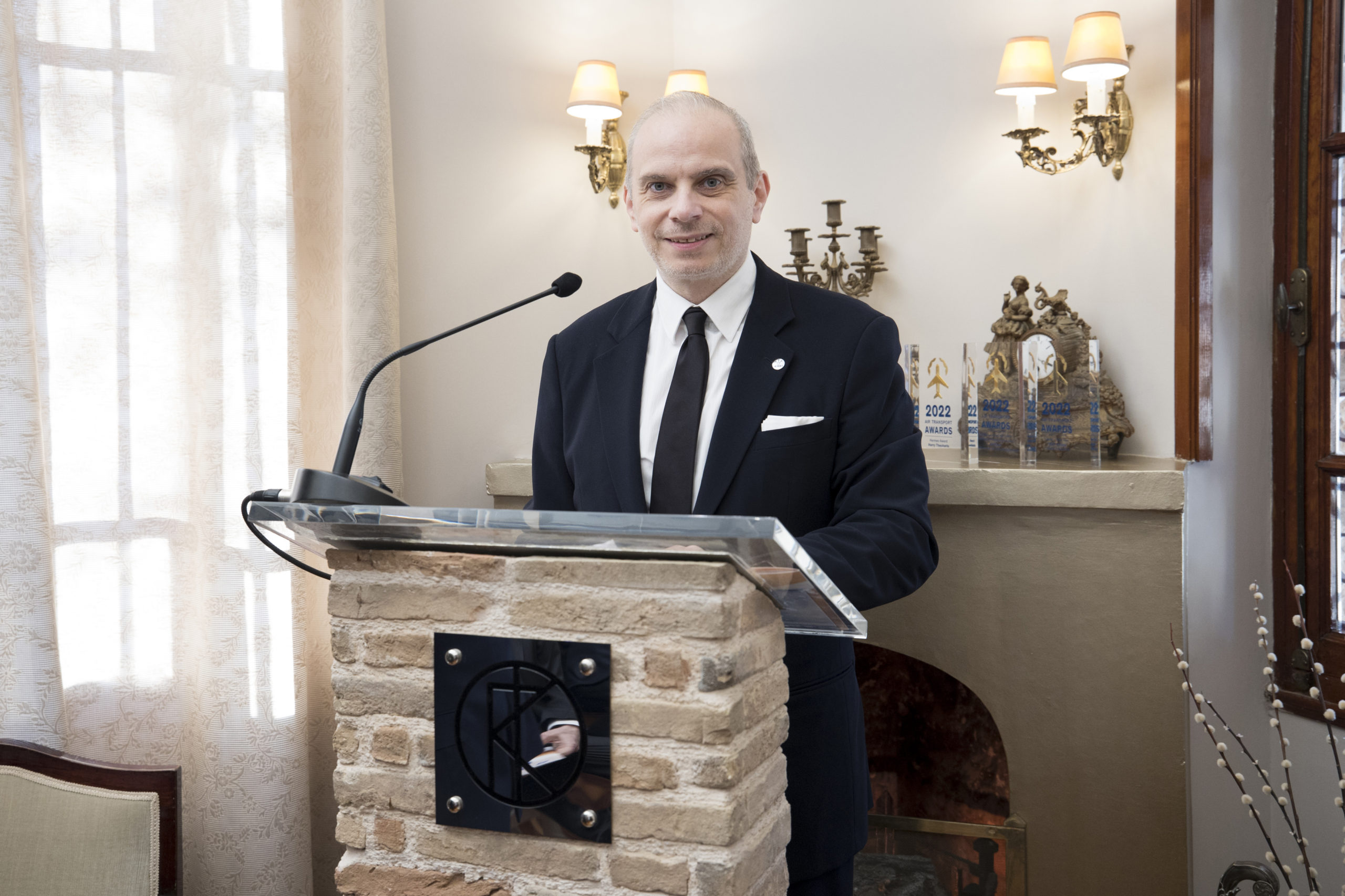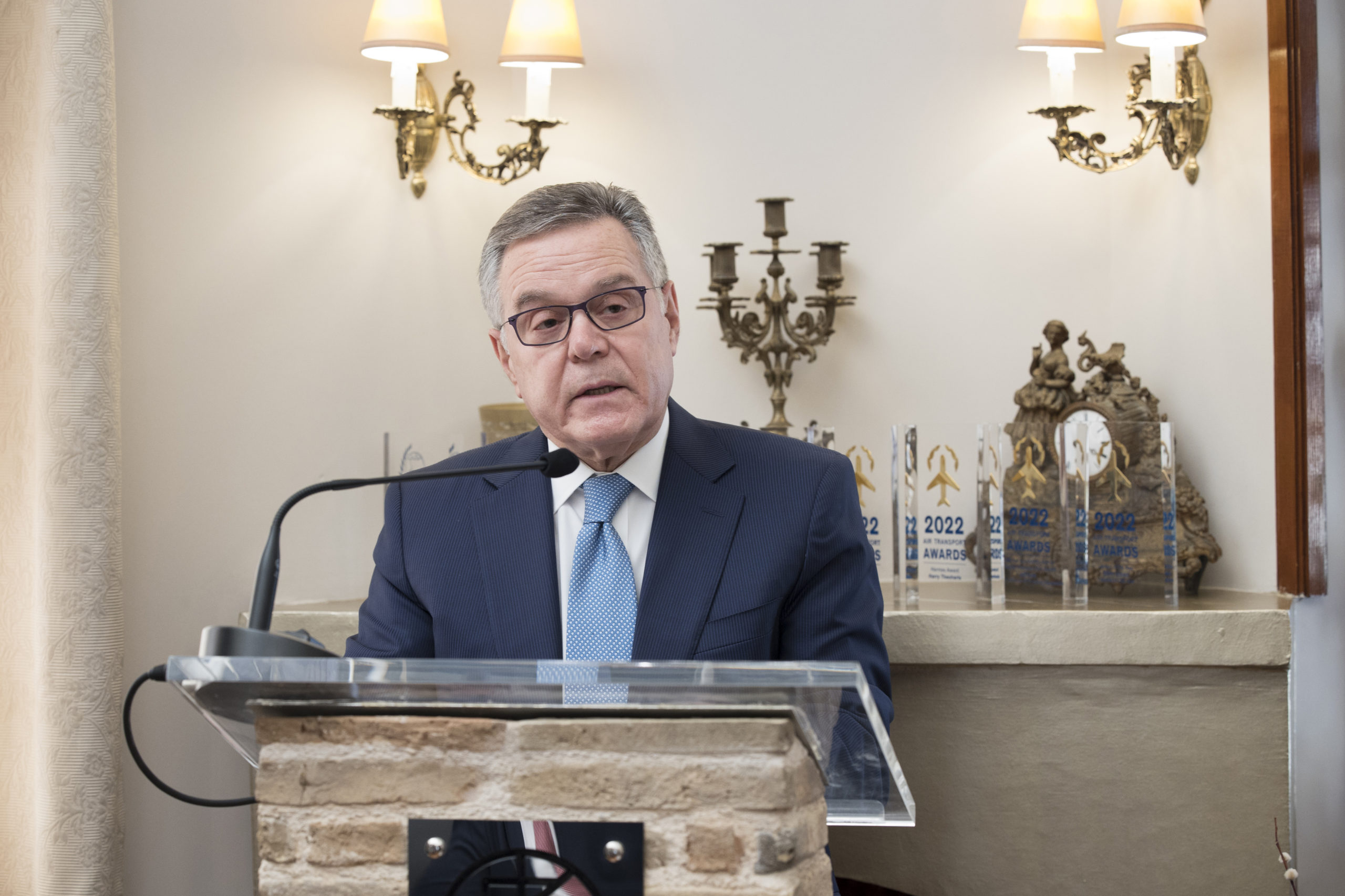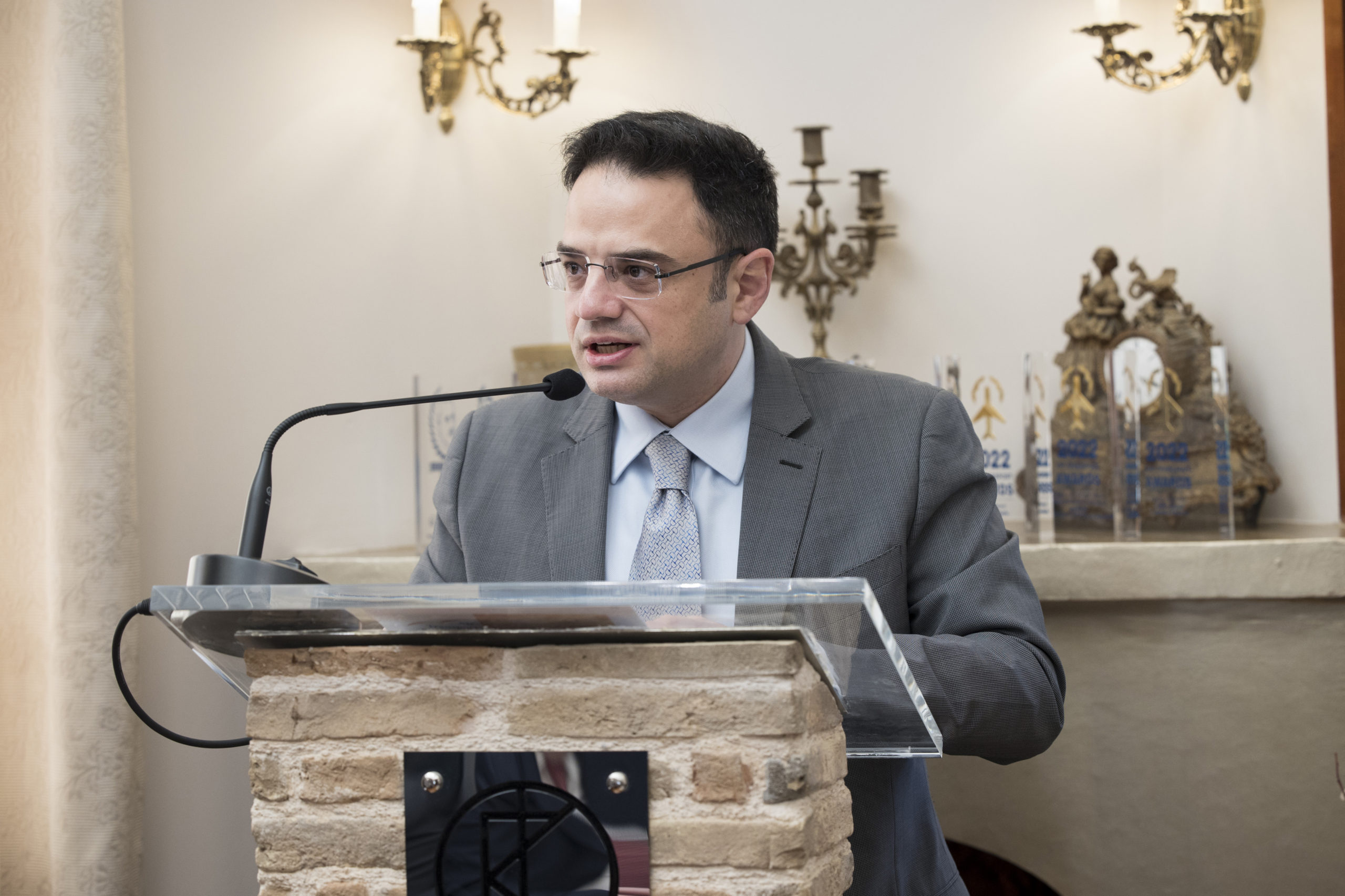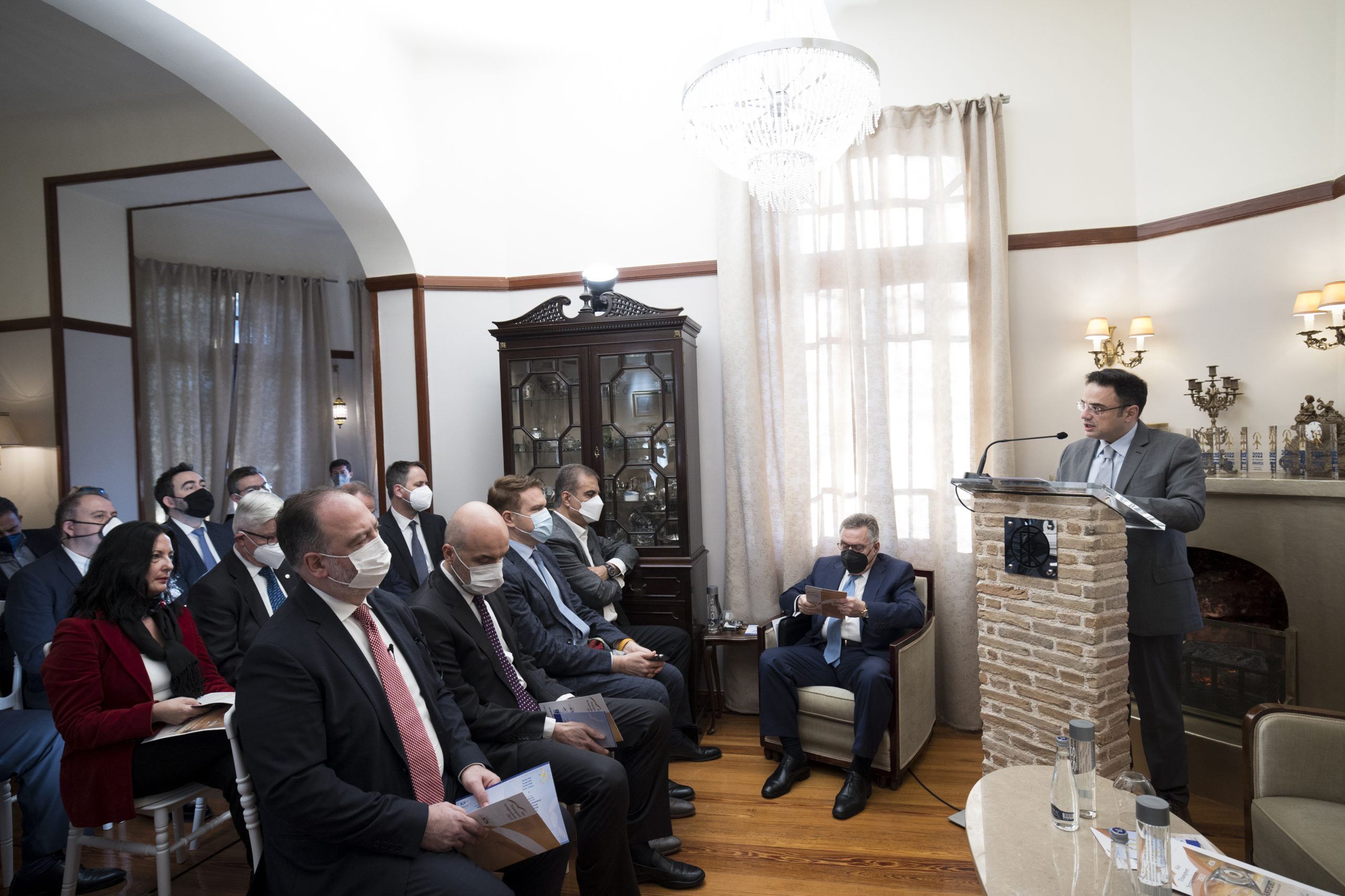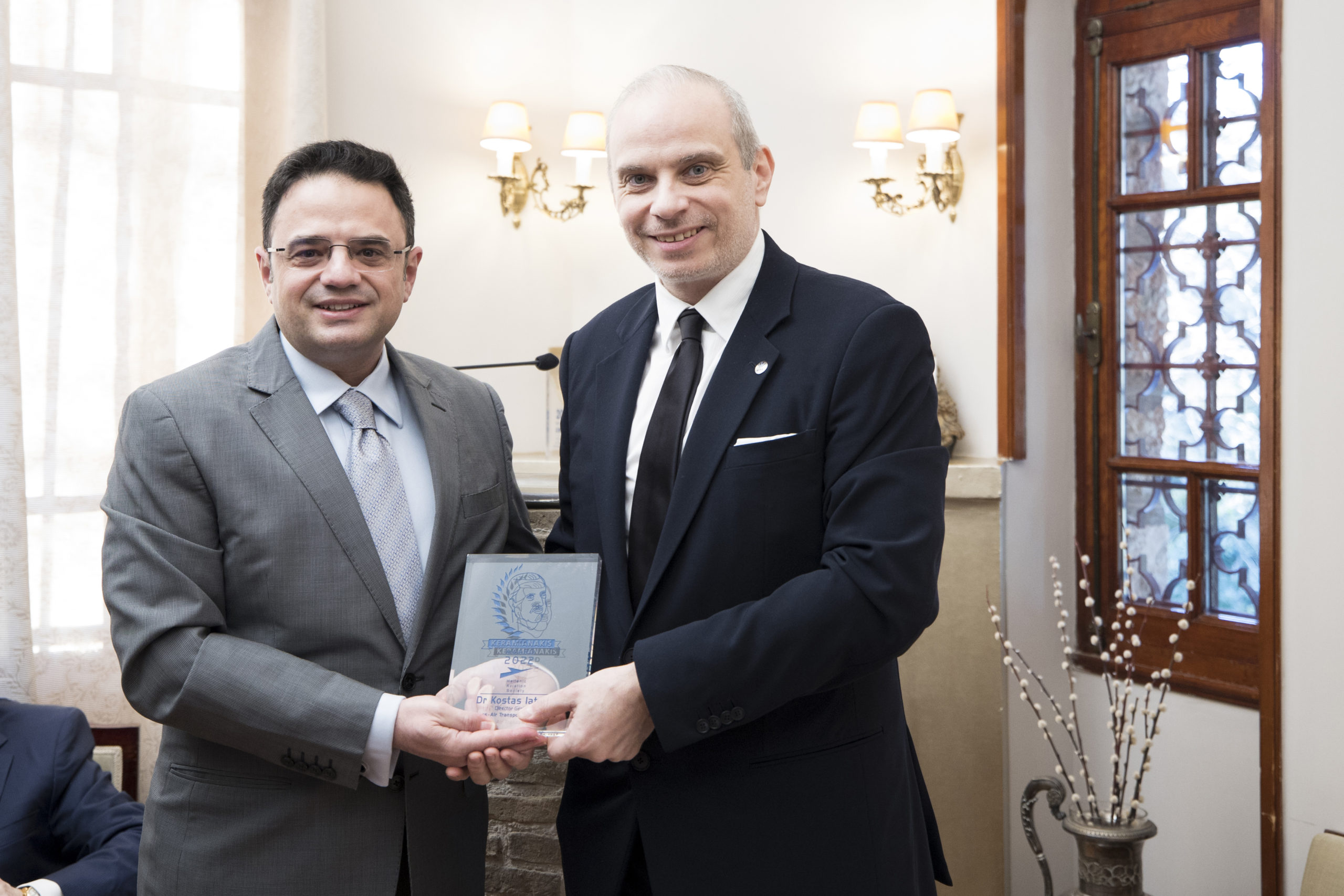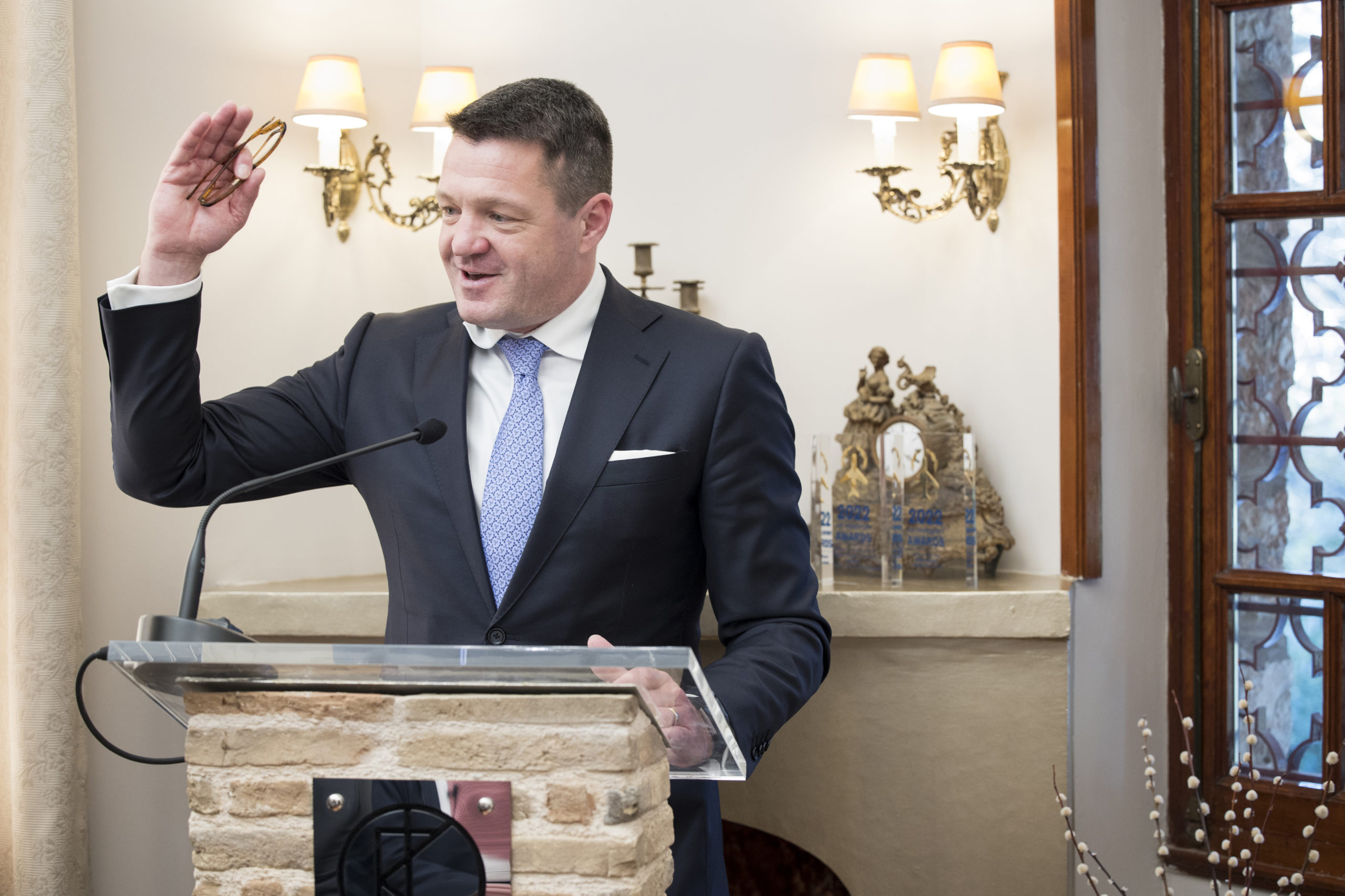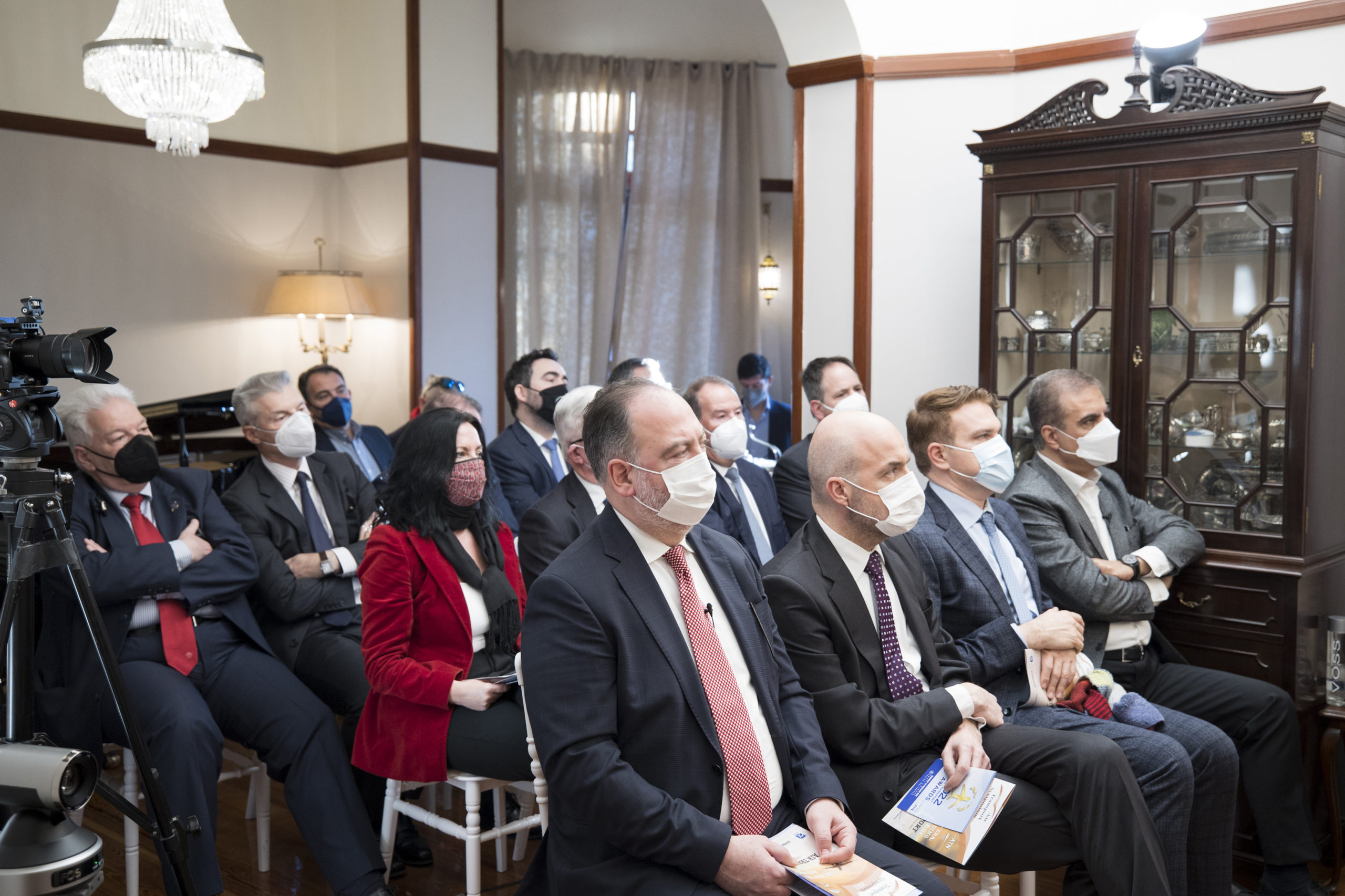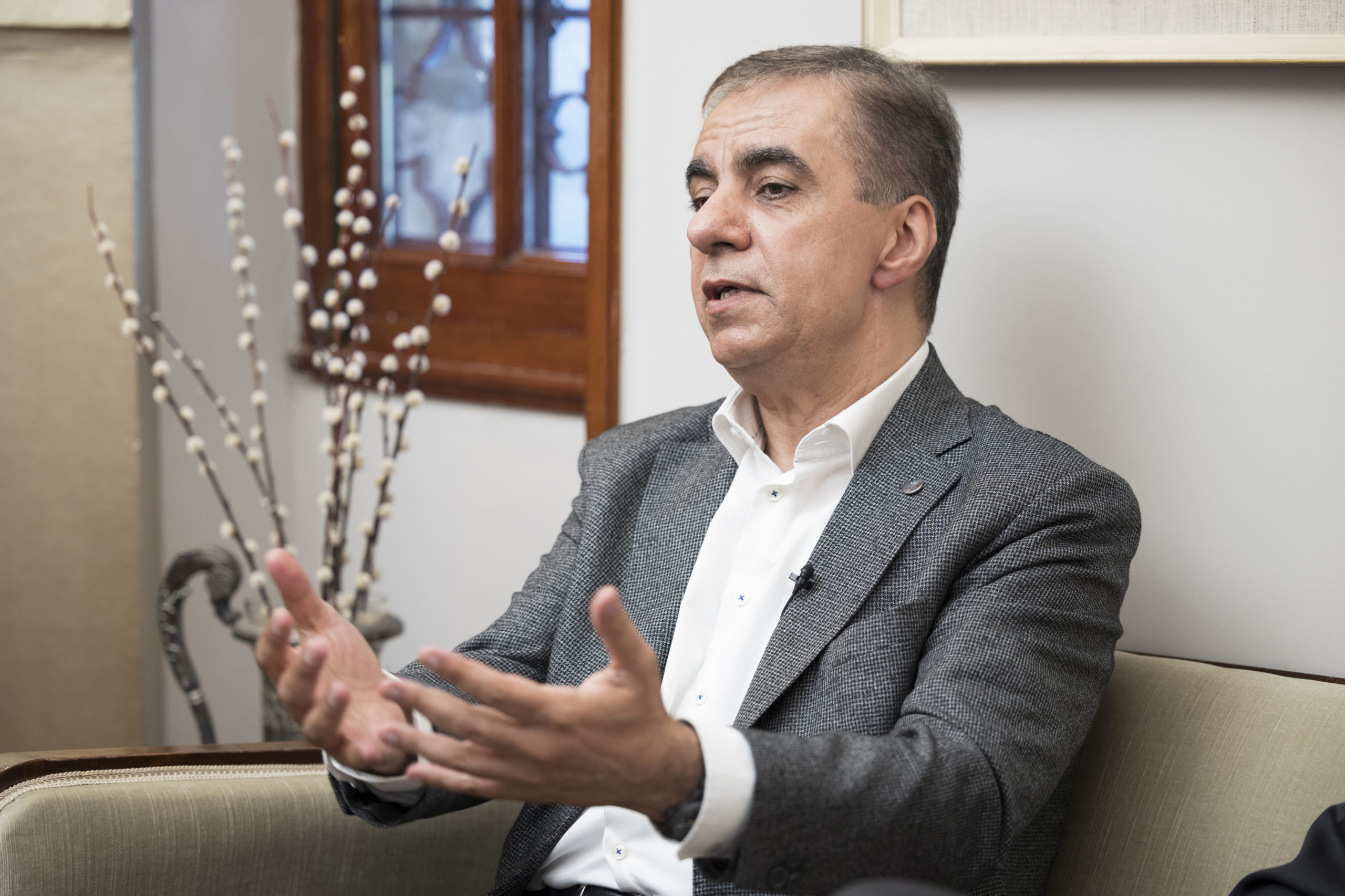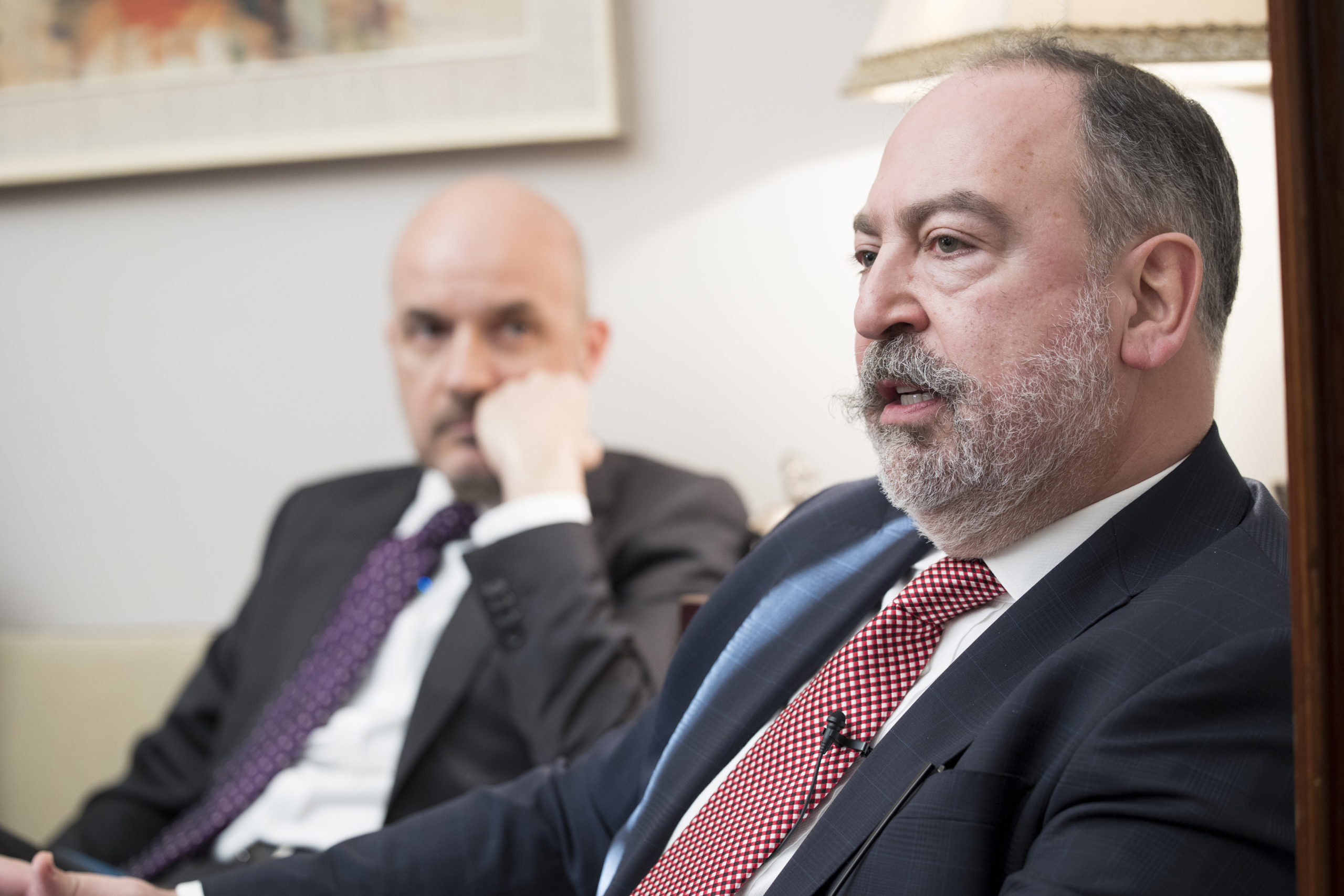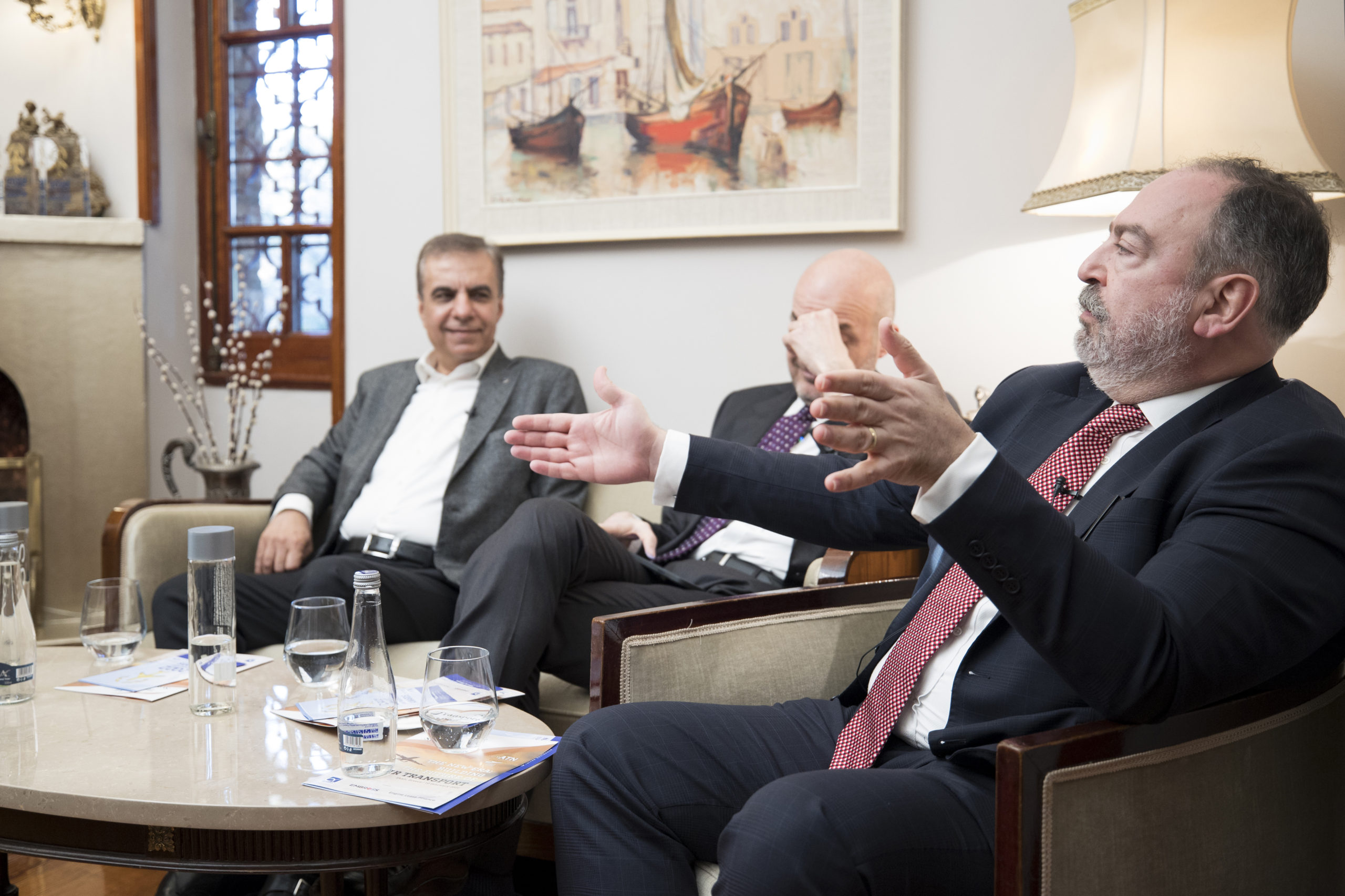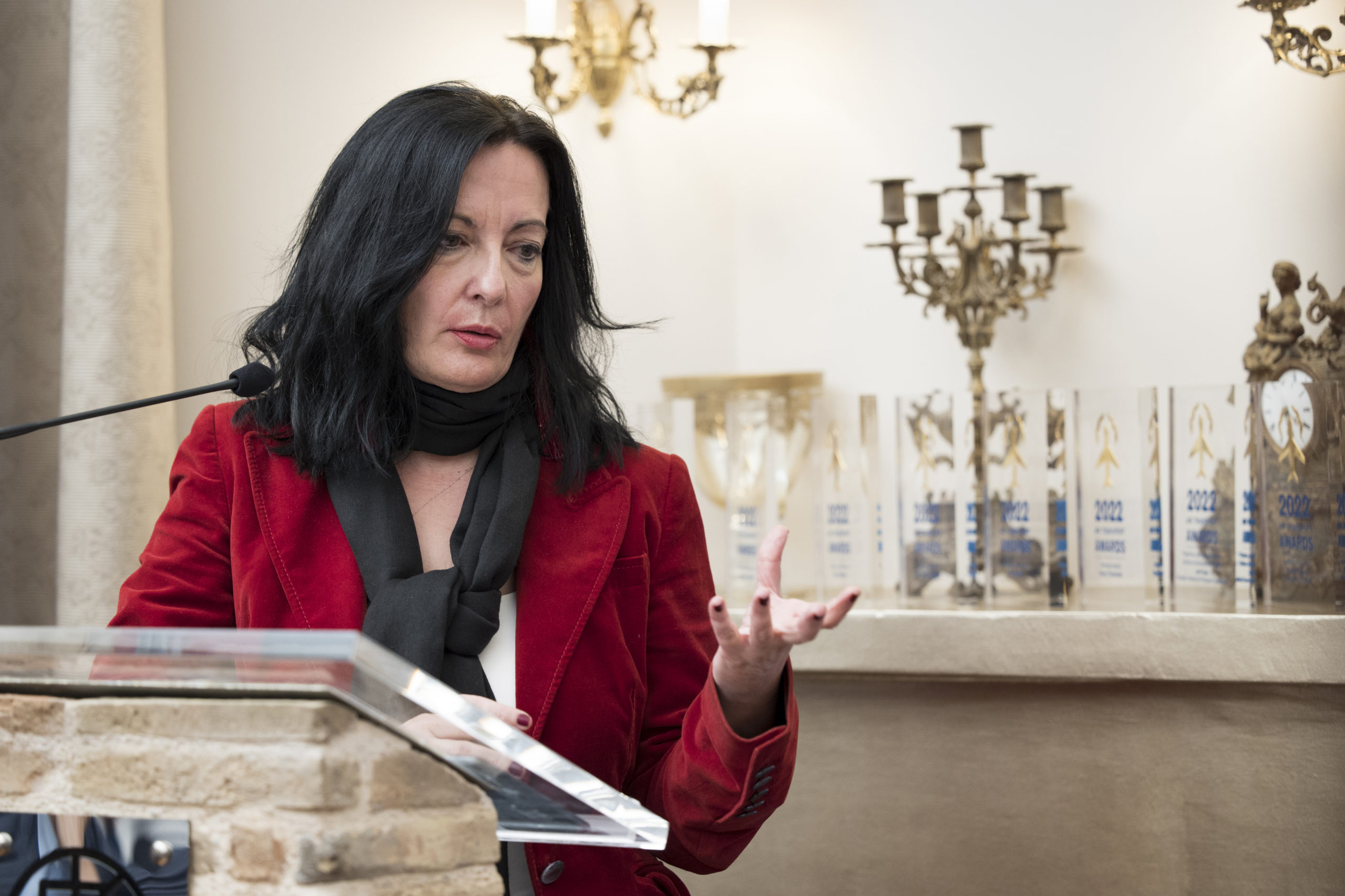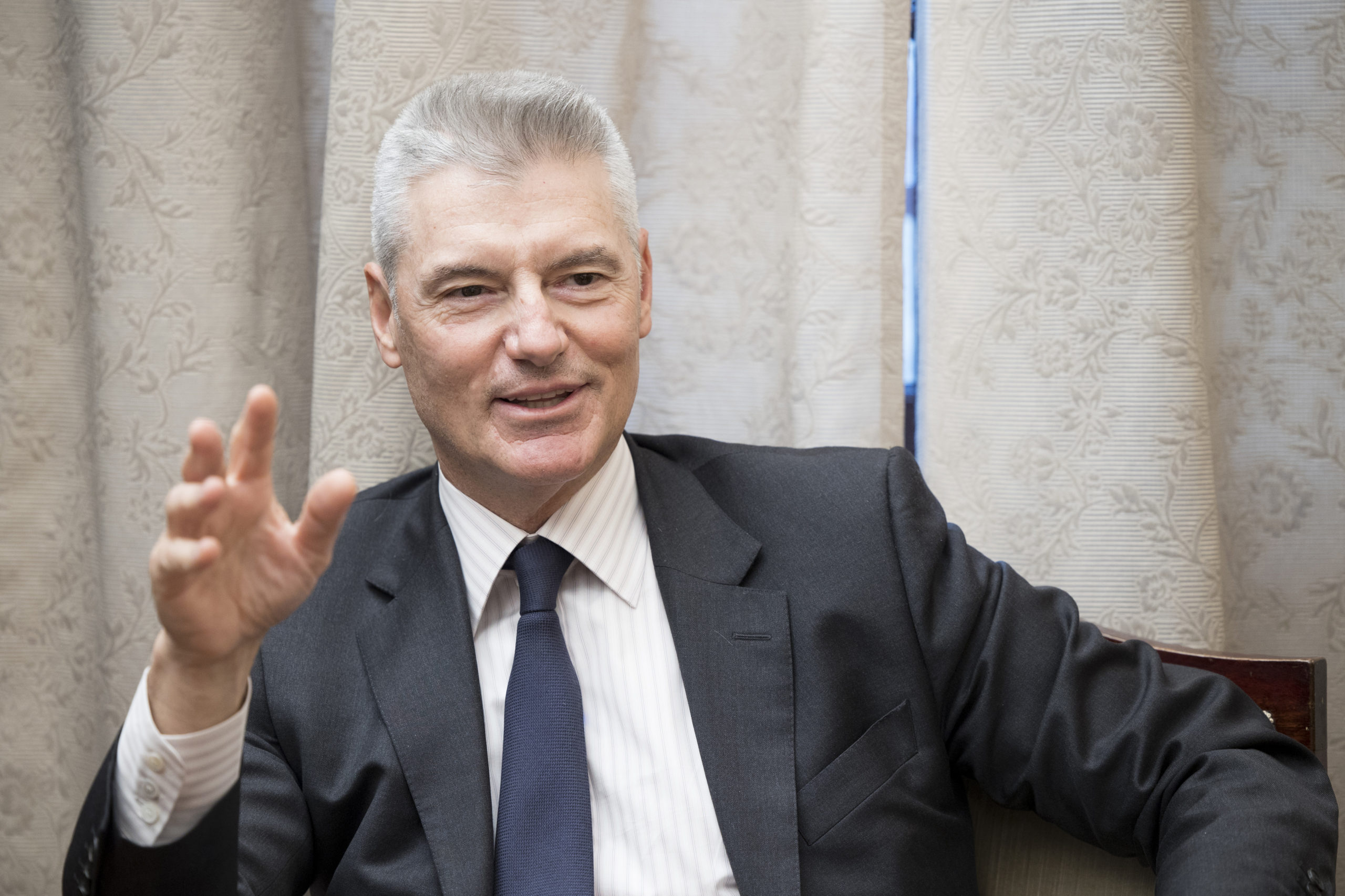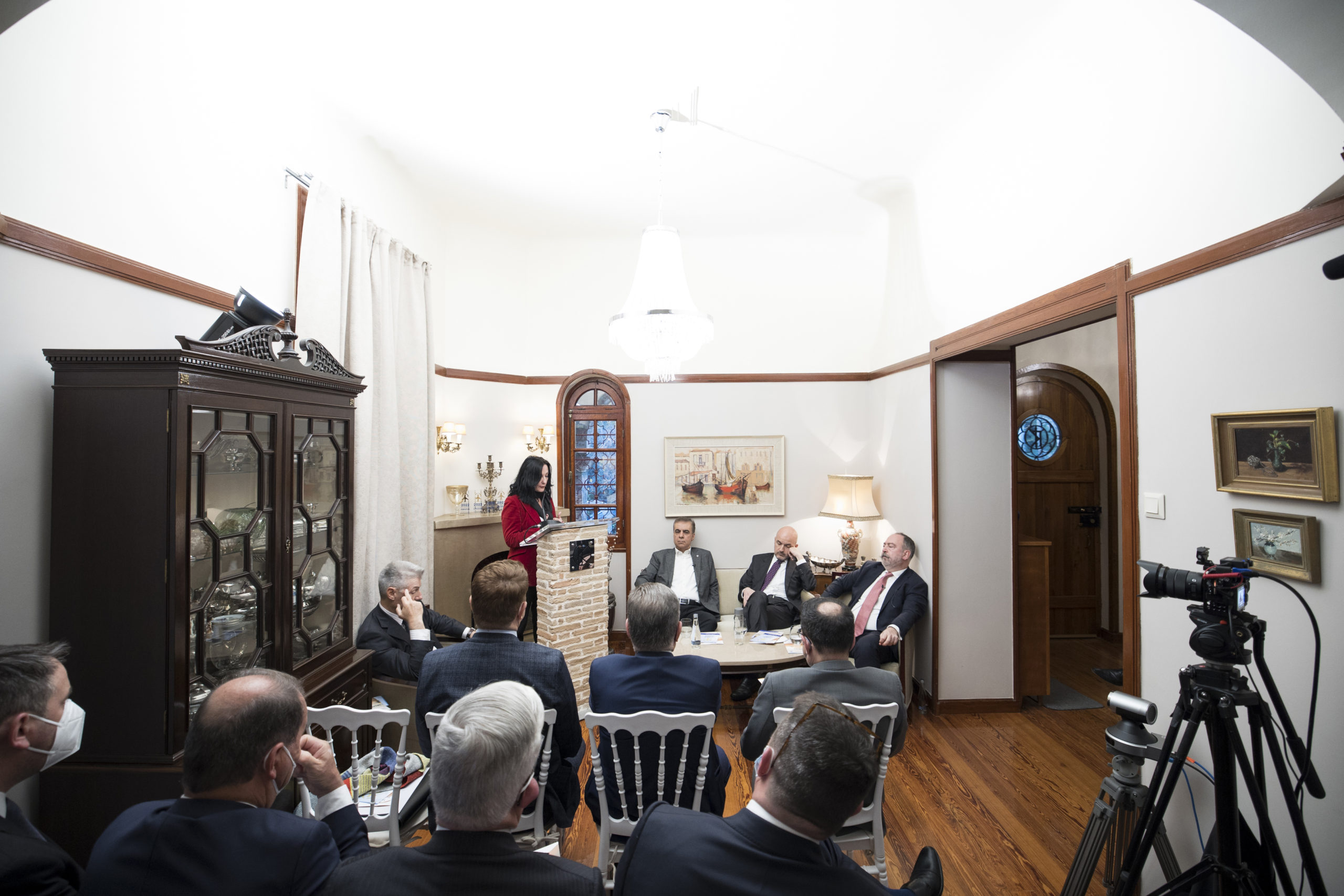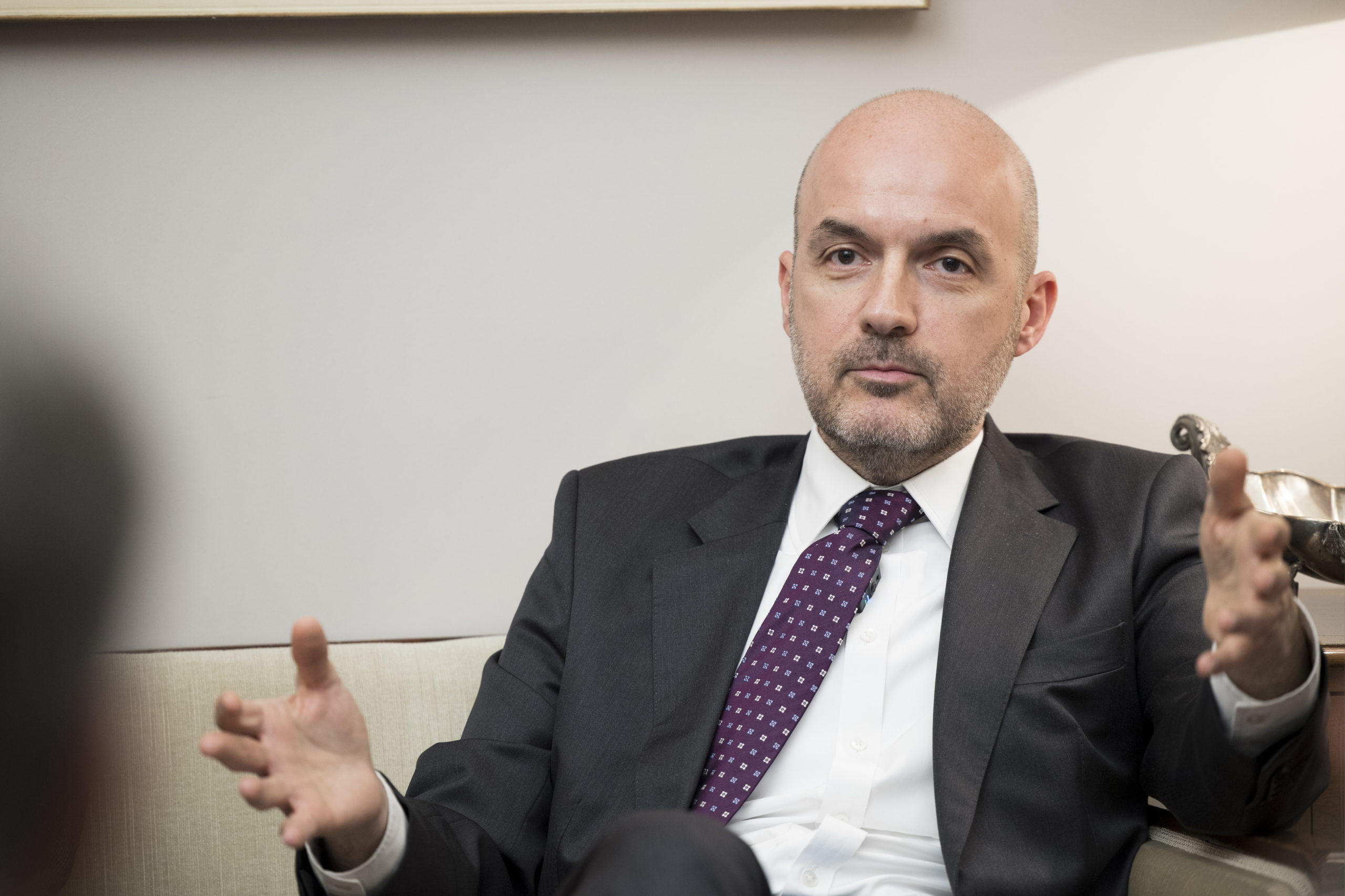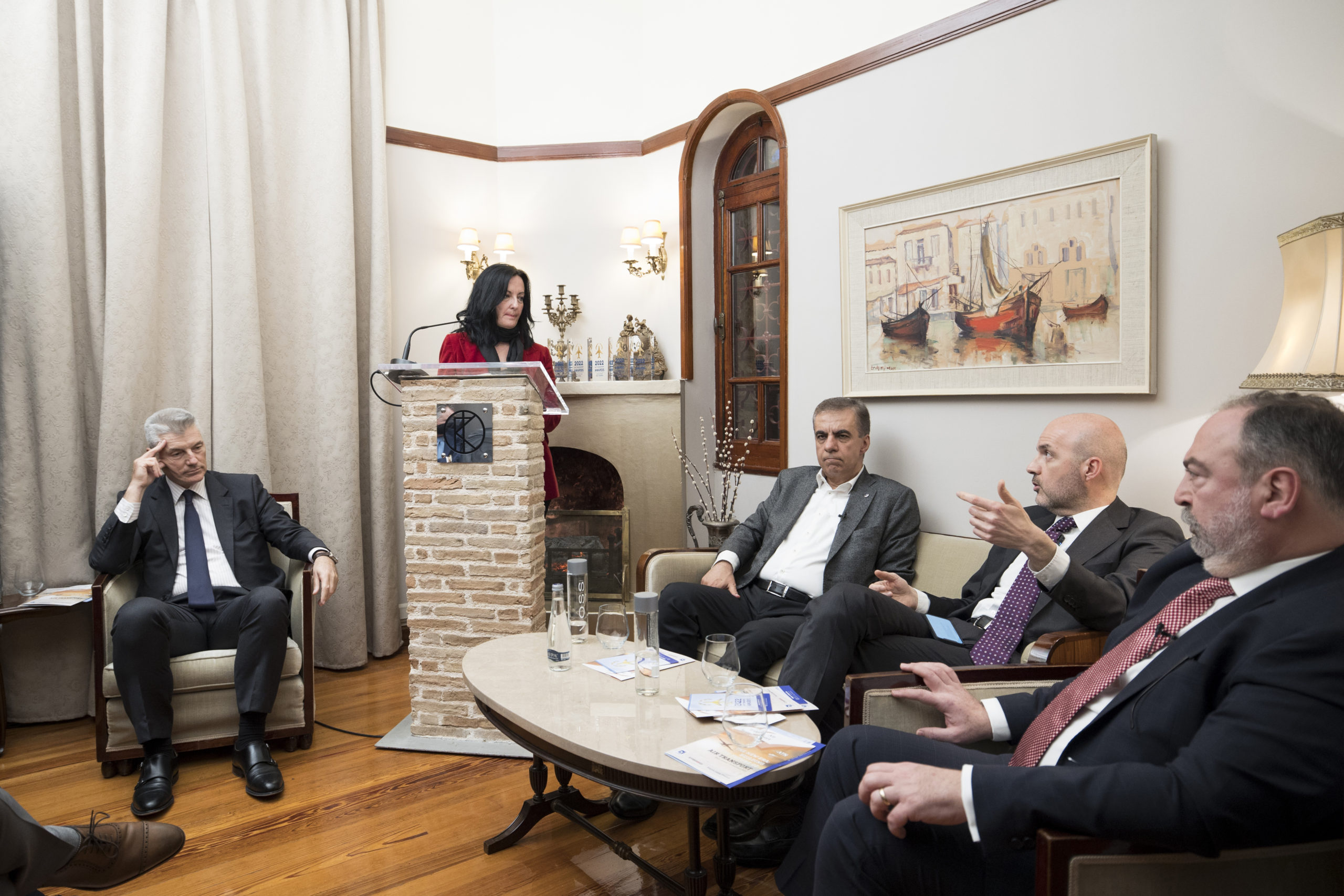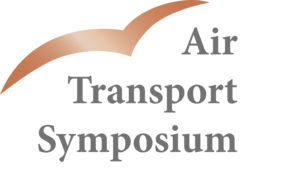
THE NEW ERA: BUILDING THE FUTURE OF AIR TRANSPORT
10 February 2022 Ekali – Greece
In spite of experiencing a fourth wave of the COVID-19 pandemic, the world is now more optimist regarding the way forward; increased levels of vaccination and standardization of health and safety procedures gradually boost confidence in air travel and allow the industry to think about how to build back better.
The 2022 Air Transport Symposium entitled: “The new era: Building the future of air transport” will host leading executives in the airline and airport sectors who will focus on this very issue of reshaping the future of air transport in a creative yet realistic setting.
Welcome Addresses
Dr Kostas Iatrou, Director General, Hermes – Air Transport Organisation
Dr Christos Tsitouras, Governor, Hellenic Civil Aviation Authority
Setting the scene
Professor Andreas Papatheodorou, Chairperson of the Symposium & President, Hellenic Aviation Society
Hellenic Aviation Society Keramianakis Award ceremony
Keynote Address
Pieter Elbers, President & CEO, KLM
Leaders session
Moderator: Ioanna Papadopoulou, Director, Athens International Airport
-Adel Ali, CEO, Air Arabia
-Mehmet Nane, CEO, Pegasus Airlines
-Dr Yiannis Paraschis, CEO, Athens International Airport
-Kadri Samsunlu, CEO, iGA Istanbul Airport
Call for action and conclusion
2022 Air Transport Awards ceremony
The Air Transport Symposium on “The new era: building the future of aviation” was held in Ekali, in Athens, Greece on 10th February 2022 to discuss the key challenges and opportunities lying ahead.
Dr Kostas Iatrou welcomed the participants saying that the pandemic has shown the importance of human communication and the role of aviation as the business of freedom and democracy. And this symposium will discuss the future of air transport on a more solid basis.
Dr Christos Tsitouras, Governor of the Hellenic Civil Aviation Authority, in his address stressed that their role focuses on setting up in Greece a agile and effective framework that will enable the delivery of the needed change in the post covid era while ensuring security, safety and environmental protection.
Prof. Andreas Papatheodorou, Chairperson of the Symposium and President of the Hellenic Aviation Society, started off by saying that after the collapse of aviation in 2020, an annus horibilis, and with recovery expected by 2024, this year will set the fundamentals for full recovery and return to new normality. Even if traffic returns to the 2019 levels, things are never going to be the same and aviation needs to face three set of challenges. He then presented these challenges: first the business challenges as the whole aviation system experienced severe profit and revenue reduction and now needs to survive beyond state subsidies and support. Innovation is needed to find alternative ancillary sources of revenue and even reshape the business model. The environmental challenges have become even more pressing as the world has experienced abnormal high temperatures, forest fires and the industry needs to grow within a sustainable context to achieve neutral carbon growth. The increase in fuel prices and the threat of a new energy crisis should act as an incentive for SAFs. He stressed that environmental challenges intersect with technological advancements, such as unmanned vehicles, drones, air taxis, development of new even supersonic aircraft. These advancements also need a new solid regulatory environment so that the market participants keep operating in a safe and secure environment.
He concluded by saying that if aviation wants to progress further it needs to combine the PPPs of the past with the BBBs (Building Back Better) of the post covid era, to reconsider partnerships, to build stronger ties with local economies in a sustainable context.
The keynote speaker Peter Elbers, President and CEO of KLM, started off by expressing his hope that the symposium would coincides with the end of the pandemic. The challenges were present before Covid-19 but were accelerated during the crisis. The Covid crisis has given airlines the time to think and prepare for environmental challenges. There is a lot of pressure around Europe on airlines to change much quicker that the industry could do so far. The only way to achieve this is through the collaboration of all stakeholders. KLM has embraced an ambitious plan in terms of increasing SAFs and have already introduced SAFs in its cargo business, much ahead of the initial business plan. KLM was also the very first to operate a passenger flight performed on sustainable synthetic kerosene, first step in the change from biosynthetic fuels to synthetic fuels. He added that there are business challenges to be fulfilled and even after customers come back- and people do want to fly again- business challenges go hand in hand with the technological ones.
Mrs Ioanna Papadopoulou, Director Communications & Marketing · Athens International Airport was the moderator of the Leaders panel. The first question she asked was about the meaning of the term “Building Back Better” in aviation. Adel Ali, CEO of Air Arabia, lamented the complacency of the sector before the pandemic, airlines that have to anticipate issues and “think beyond the seat factor and cutting down cost but look at having good sustainable business that makes profit”. Mehmet Nane, CEO of Pegasus Airlines, said when Turkey and hence their airline faced crisis in 2016 it was decided to work on the 3 Cs, cost, cash and capacity and the airline came out of the crisis stronger. With this global crisis two more Cs, have been added: Complacency and customer, passengers and domestic employees. Airlines have realized they need to provide a health secure environment to both customers and employees. “The way ahead is the 3 Cs plus 2 Cs.”
For the airports, Kadri Samsunlu, CEO iGA – Istanbul Airport, said that since if airlines do not use airports, airports do not exist, for him the “Building Back Better” consists in the private and public sector finding ways to better work together to better prepare the sector for the future. Airports are asked to help airlines, but they are left on their own to deal with their commitments. Airlines and airports should have a better integration as they are dealing with the same customer
Dr Yiannis Paraschis, CEO of Athens International Airport, said that the pandemic crisis will have a lasting impact on aviation and on the physical economy in general in the medium and long term. These effects are related to the disruption of the supply chains worldwide that will lead to inflation, disruption in the energy sector, in the workplace and the labour market and all that with the increased push for sustainability. Airlines and airports never thought that would be exposed to such risks, to go from 100% to 2 or 0% activity and agreed with the complacency mentioning “they were taking many things for granted”. They thought they were operating in worldwide regulated industry which had achieved some form of standardization, and then with Covid each country set its own rules. Adaptability, flexibility, resilience are key attributes that need to be incorporated in aviation business models.
Mrs Papadopoulou commented that the industry should not simply get resilient, it should “aim at becoming antifragil” and then turned on the subject of the new generation of aircraft and fuel and whether they will accelerate the shift from dehubbing towards point-to-point travel, a trend that started during the pandemic., Mr Nane answered that there is no commercialised new fuel technology yet. The synthetic part of SAFs is very crucial and the amount of SAFs manufactured is not enough to cover the current requirements. Fuel manufacturers, engine manufacturers OEM manufacturers need to come together with the airport to find an amicable solution and decide what they want to achieve and to do and demonstrate it. He highlighted that while sea freight produces three times more pollution than aviation, the public insists that aviation is the great pollutant. Mr Ali agreed saying that the aviation has failed to get the message across that “it are not the bad guy” when it comes to pollution. Mr Samsunlu said that the industry is working now on rebuilding connectivity. The new technology is favouring point-to point in certain segments of the business and airlines such easyJet, Ryanair and Pegasus keep adding destinations between destinations. But the hub system still works for intercontinental flights and there are still benefits. Mr Ali stressed that “airlines go where the customer wants to go and the customer profile is changing”. Still long range narrow body aircraft might change the scenery. He added that low cost carriers that have not been successful in Europe-USA destinations with the new aircraft that have lower cost embedded they will try it and there will be more competition, which is good for airports with Mr Ali adding that the definition of long haul has changed from six to eight hours to fourteen to fifteen hours. He also said that although competition is good for the industry and for the customer, there are areas that need collaboration and coordination to faster generate technologies. As the quality of life improves, aviation market will grow, it is a natural progress for all segments but this will put pressure on the busy airports on environmental issues.
Dr Paraschis said that certain tendencies prevailed in aviation after the pandemic: leisure point-to-point and short haul with summer being more resilient than winter. Whatever business model and technology available can better serve these features, these will have a competitive advantage. There are strong tendencies for certain technologies and business models. As for business travel he pointed out two elements: it’s substitution by digital services and the fact that 80% of the emissions are generated by long haul flights.
The next question centered on the workplace and the talent crisis the industry is facing, with “companies competing for people” together with the “great resignation” movement. The panelists pointed out companies will be more caring for their personnel offering flexible working schemes. Mr Nane pointed out that that generation Z has different habits, get bored easily and that when work from home the loyalty to the office to the team gets weaker. Dr Paraschis added that while digitalization has changed the way aviation works, it has made it less attractive to younger skilled workers. As Mr Nane put it “the E-commerce and delivery boost are sucking talented digital, marketing people”. Thus, the “great resignation” becomes the “great renegotiation” between the companies and the people. With life work balance reconsider people will want to travel more and they will need income to do it. And still despite all the digital solutions, “not everything can be brought to a digital level” and aviation remains a people’s business and needs people to operate and people want to communicate. The key element is to offer a more personalized service and to train human resources to provide innovative solutions to improve customer experience. Another point mentioned is with aviation having to keep with technological solutions and giving higher wages, cost will increase and once the cost is carried to the customer, it is the beginning of the vicious cycle.
When asked about the lessons learnt from the crisis Mr Ale answered that surprisingly the airline industry was more fragile before the pandemic than after the pandemic. The airlines that will survive are those that will incorporate in to their normal practice the lessons learnt and have realized that airline “should be run like a business and not as airline”. Mr Nane answered that the cost reduction practices will continue. While office space will decrease, there will be extra costs to help socialization within departments and between departments.
Mr Samsunlu said that aviation is now careful of how force majeure is defined and has realized that even small emerging events around the world should be monitored to which Dr Paraschis agreed saying that the industry is not fully protected from major events of lasting duration such as sustainability threats and climate change.
In his concluding remarks Prof. Papatheodorou stated that aviation has moved away from complacency and constant growth to a new world of resilience. Aviation has become more agile, more adaptive and more effective realizing the need for the customization of services, to move away from polarization to more orchestrated efforts and that sustainability is “no longer license to grow but license to operate”.


